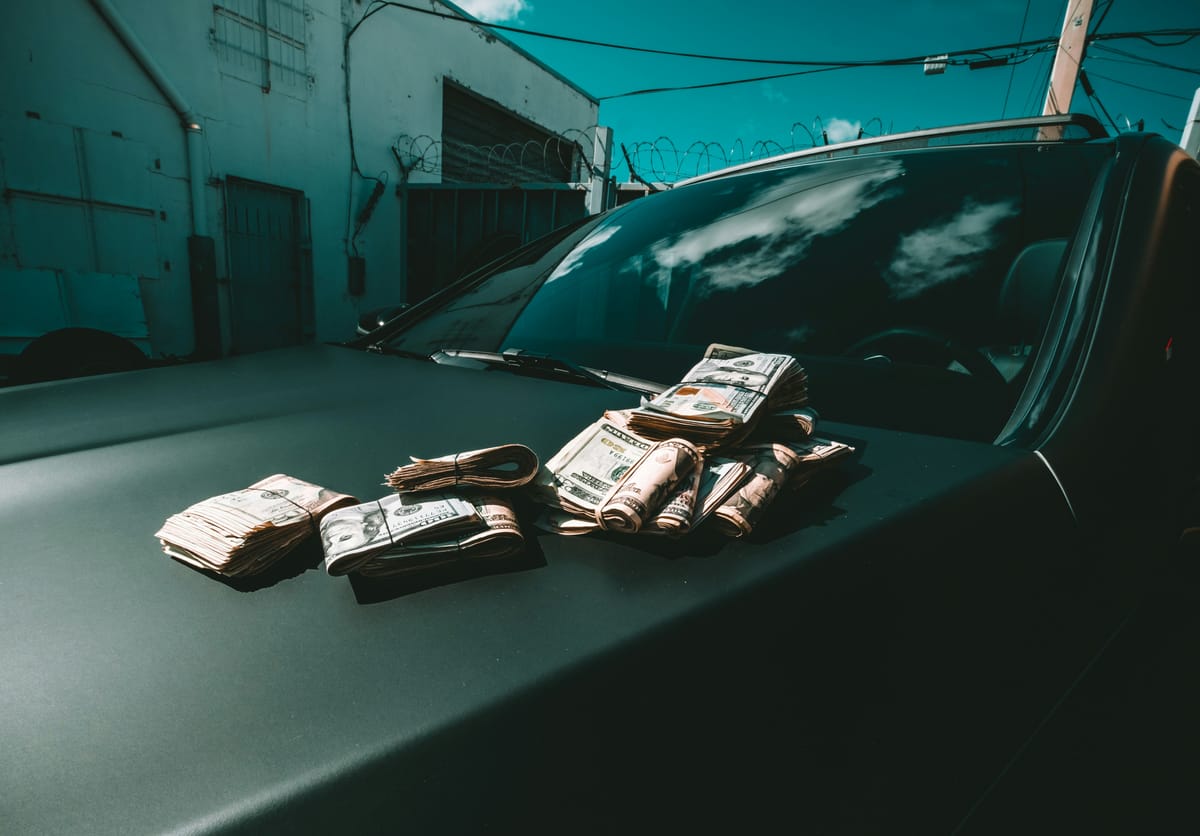Nevada Judge Halts Law Enforcement Forfeiture Loophole

RENO, Nev. — A Washoe County judge has ruled that Nevada law enforcement cannot use a federal program to bypass state laws protecting property owners, delivering a major victory for civil forfeiture reform. The decision comes in response to a lawsuit filed by retired Marine Stephen Lara, who had his life savings seized by the Nevada Highway Patrol (NHP) in 2021 without being charged with a crime.
The court determined that Nevada’s civil forfeiture laws, which set a higher standard for seizing property, must be followed and that law enforcement agencies cannot process seizures through the U.S. Drug Enforcement Administration’s (DEA) “equitable sharing” program to receive a portion of the proceeds.
A Victory for Property Rights
“This is a groundbreaking decision that closes the door on law enforcement agencies trying to evade their own state laws for profit,” said Ben Field, an attorney with the Institute for Justice, which represented Lara. “The court recognized that Nevada’s civil forfeiture laws are clear: state police cannot outsource forfeitures to the federal government to make extra money.”
The court highlighted that Nevada law requires clear and convincing evidence before property can be forfeited, a higher standard than the federal system, which only requires a preponderance of evidence. The judge ruled that NHP’s participation in the federal program violated state law.
Traffic Stop Leads to Legal Battle
Lara’s ordeal began in February 2021 when NHP officers pulled him over for allegedly driving too close to a tanker truck while traveling from Texas to California. During the stop, officers questioned him about his travels and discovered he was carrying his life savings in cash. Lara voluntarily allowed a search of his vehicle, where officers found a backpack containing the money along with receipts proving his withdrawals.
Despite not charging Lara with a crime, officers seized the cash and turned it over to the DEA, which then kept it for months, delaying action beyond federal legal deadlines. The federal government ultimately returned Lara’s money only after he filed a lawsuit and media coverage intensified.
Court Ruling Sets Precedent
The judge’s ruling emphasized that Nevada law does not allow NHP to participate in the federal forfeiture program without legislative approval. “Without such an acceptance, NHP is unable to participate in this program—as doing so effectively requires NHP to eschew Nevada’s delineated forfeiture scheme,” the ruling stated.
This decision could have statewide implications, reinforcing that law enforcement cannot use federal programs to sidestep state protections. While Lara has recovered his money, his legal battle is not over. He continues to pursue damages and additional claims under the Nevada Constitution.
Policing for Profit
The state is expected to challenge the ruling, and the case could influence forfeiture laws beyond Nevada. Meanwhile, civil rights advocates view the decision as a crucial step toward ending what they call “policing for profit.”
“Law enforcement has no business profiting from civil forfeiture,” said Institute for Justice attorney Brian Morris. “This decision is a wake-up call to other states that have allowed police to skirt their laws by pretending that the federal government’s ‘equitable sharing program’ is a legal loophole. It is not, and it’s time to close these loopholes once and for all.”
